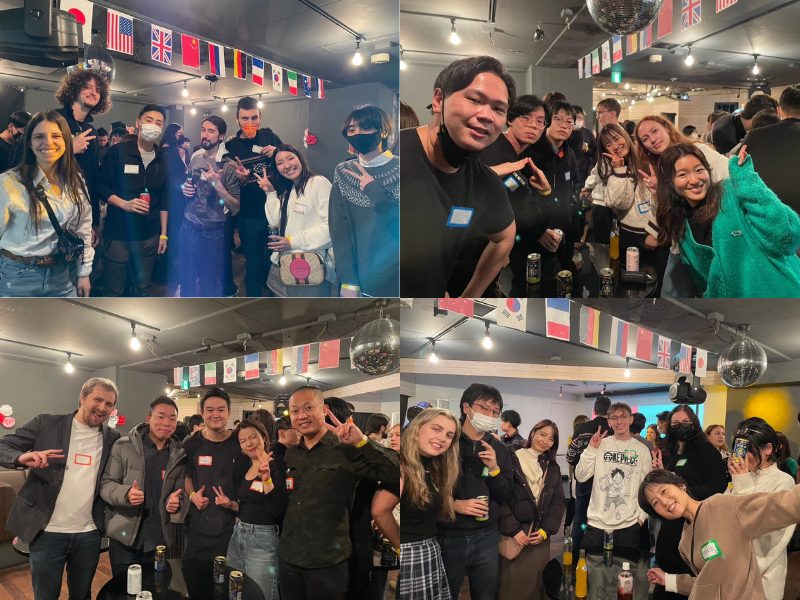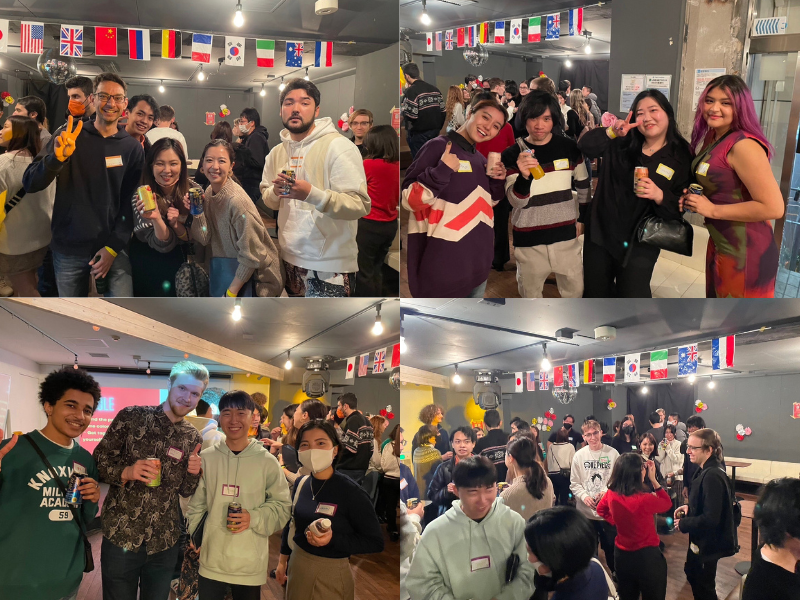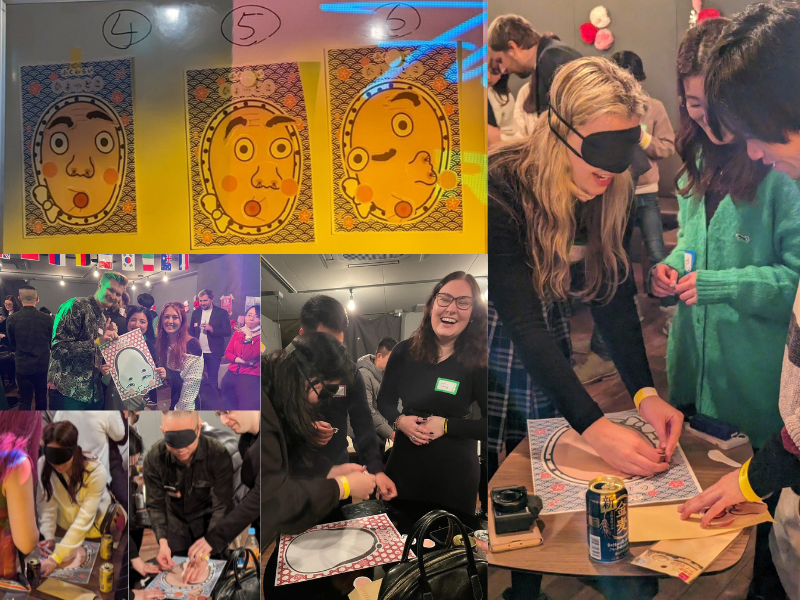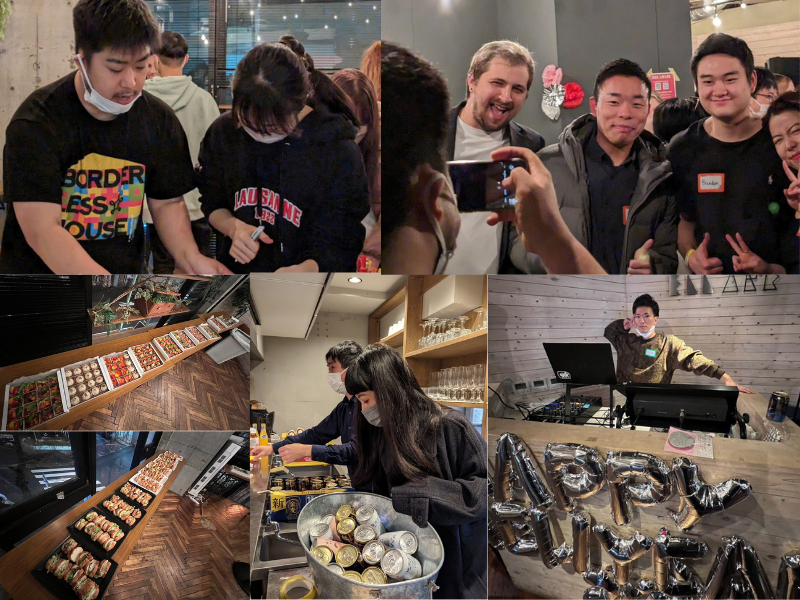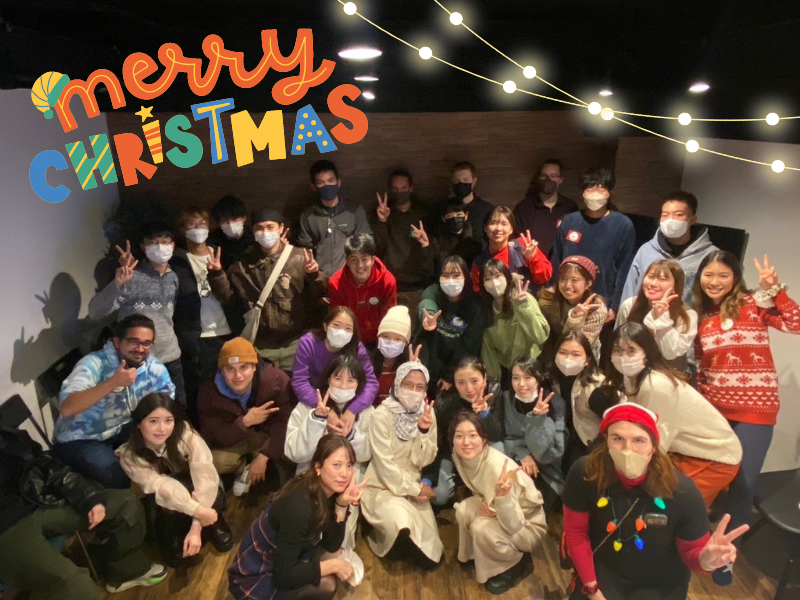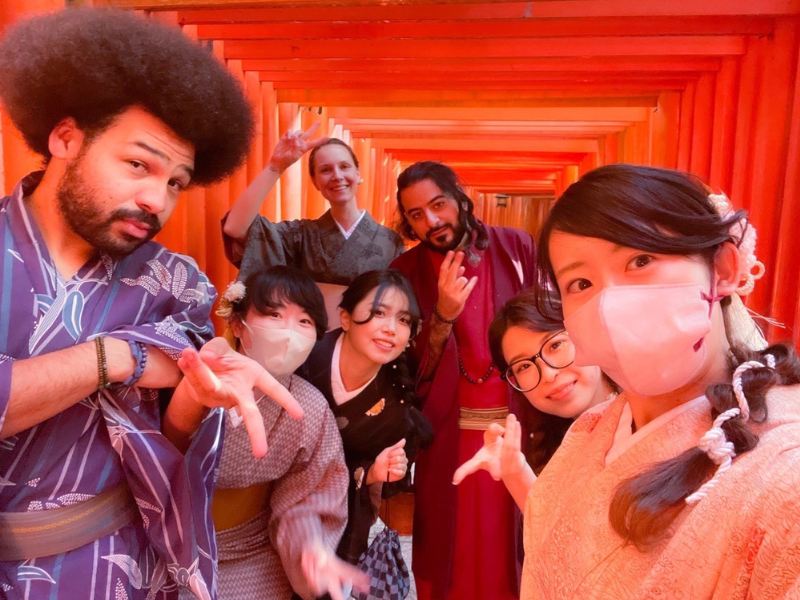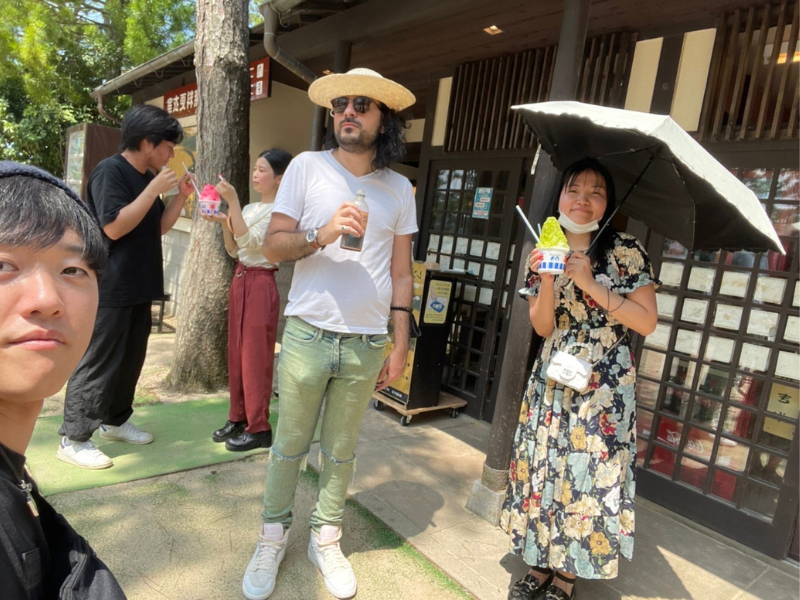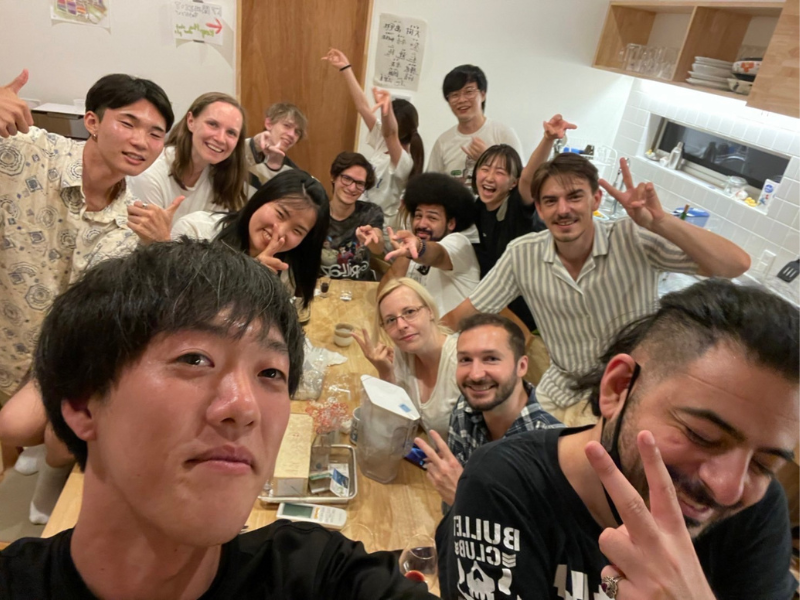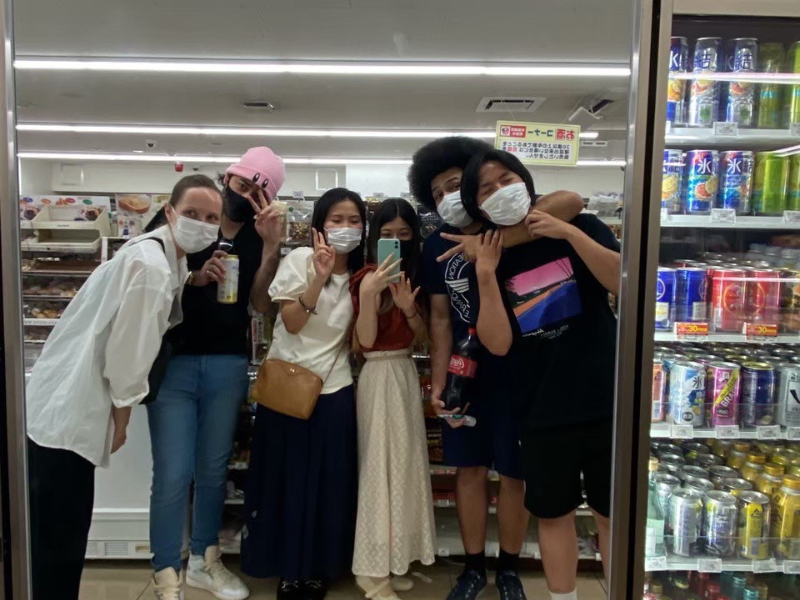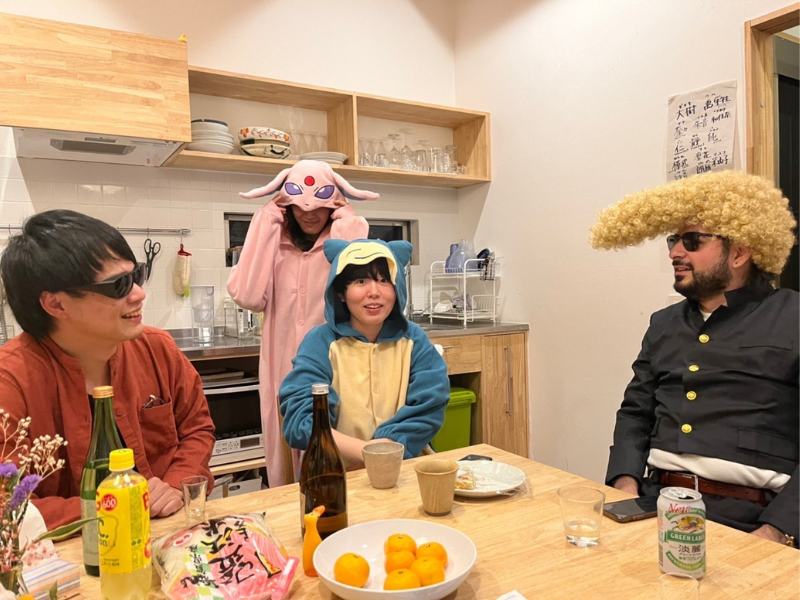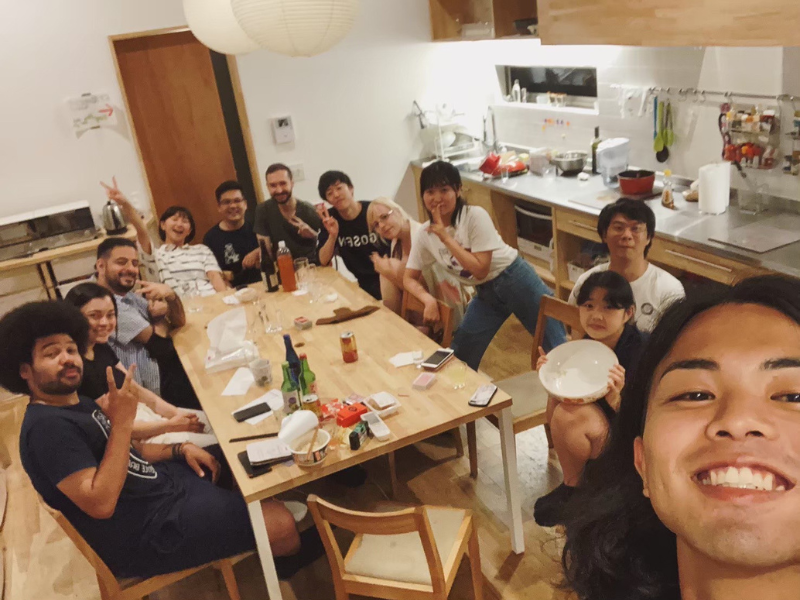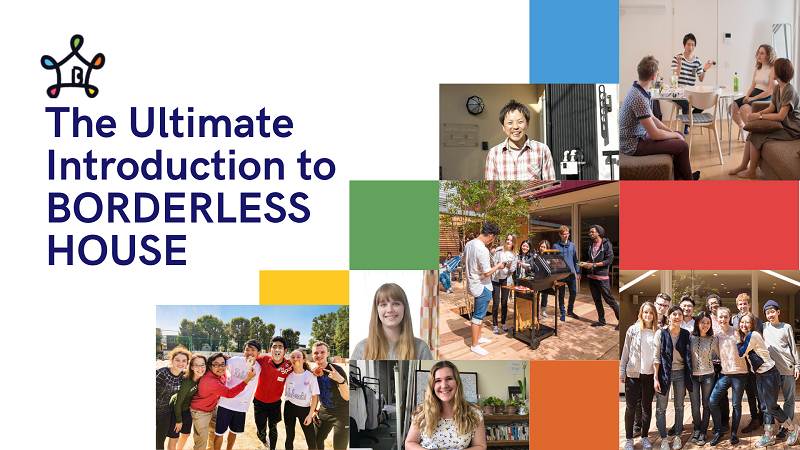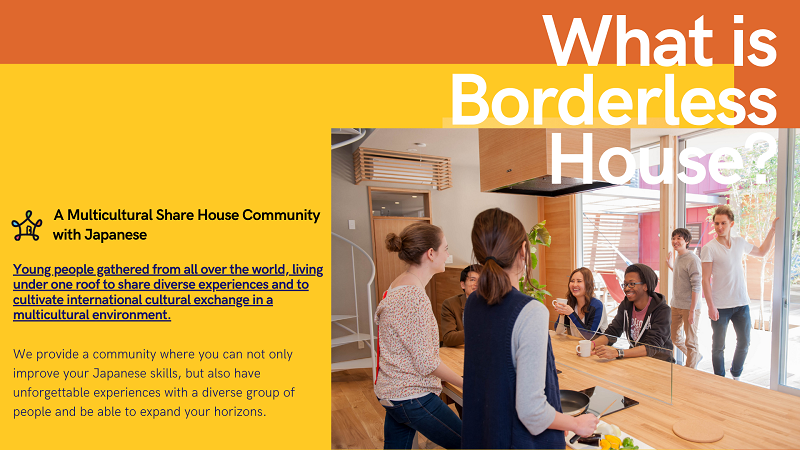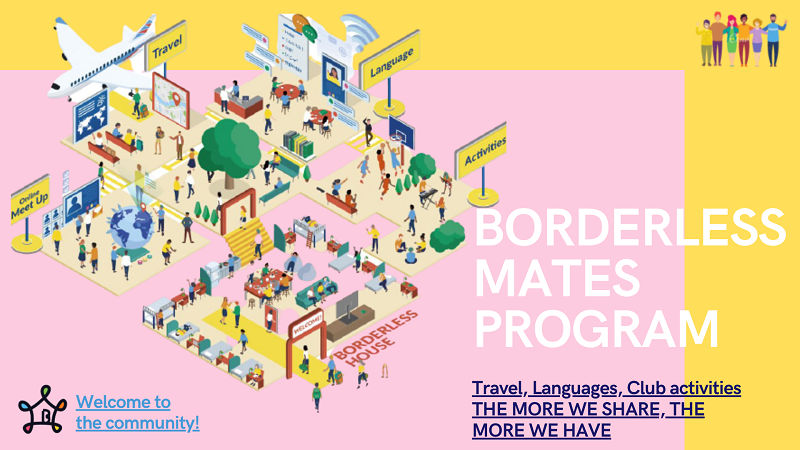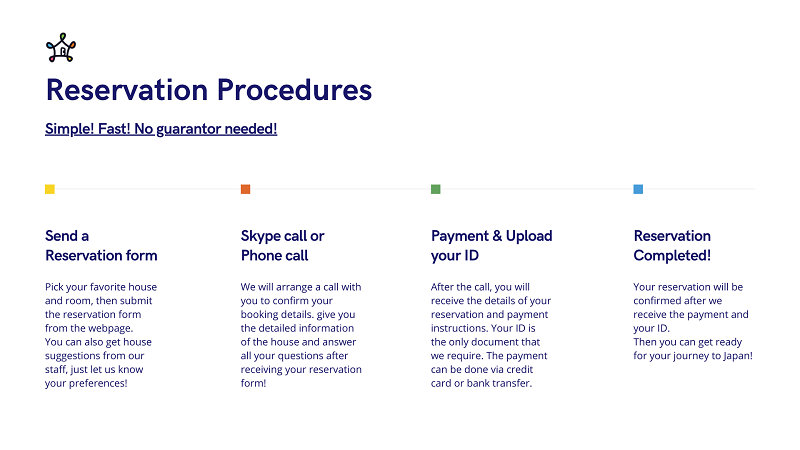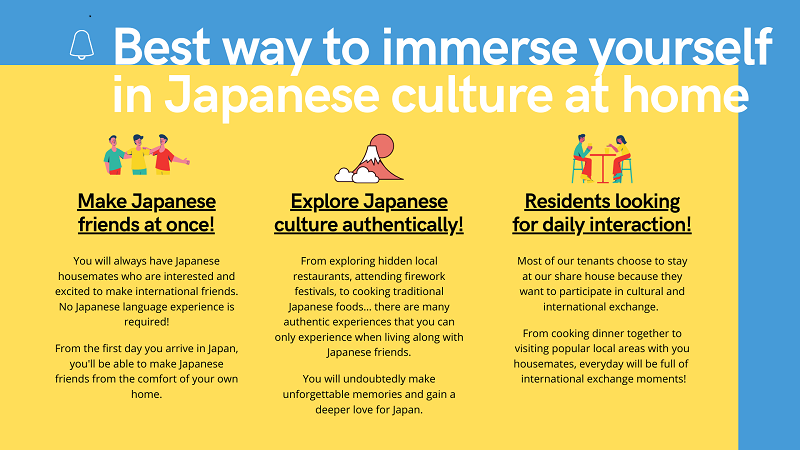Welcome! Today, we want to invite you to delve into the world of Borderless House through the eyes of our talented intern. In this article, we will take you on a captivating journey as she shares her valuable insights and experiences working with us.
At Borderless House, we believe in creating a vibrant and inclusive community that transcends borders. Our mission is to provide individuals from all walks of life with the opportunity to build connections and form lifelong friendships through shared living experiences. As an intern at Borderless House, our featured writer had the chance to immerse herself in this unique environment and contribute to our marketing team.
Join us as we unveil the intern experience and discover the fascinating aspects of working at Borderless House!
The Internship Experience at Borderless House

Can you tell us a bit about yourself and what led you to choose an internship at Borderless House?
Hey there! I’m Koko, an intern at Borderless House, specializing in social media marketing. I lived at Borderless House Kikukawa 1 for around 9 months. I’ve had the privilege of studying in Poland and doing an exchange program in the UK during my university years. Currently, I’m intrigued by the relationship between art and society, and I’m heading to the Netherlands in September to study art management for a year. 🙂
The reason I chose to intern at Borderless House is simple—I want more people to know about it! Living at Borderless House is like having a “study abroad within Japan” experience. Everyday life takes on an international flavor, fostering connections across cultures. I’m thrilled to contribute to this wonderful community’s growth through my internship. Stay tuned for updates as I explore the magic of Borderless House and celebrate the power of cultural exchange!

Could you share some details about the projects or tasks you have been involved in during your internship?
I was mainly involved in managing the English version of Borderless House’s official Instagram account, BORDERLESS HOUSE【Official】. My role included showcasing the daily life at Borderless House and sharing the stories and experiences of our residents.
In addition to that, I also had the opportunity to write blog articles like this one and conduct interviews with our tenants!
What has been the most valuable lesson or skill that you have gained during your time at Borderless House?
I believe my ability to understand user needs has improved significantly. Initially, I was in a state of confusion, unsure about which designs, wording, and information would work best. It was quite a rollercoaster ride, to be honest! lol
However, as I received feedback from the marketing team, I started to grasp the art of creating posts that truly resonate with our users.
Furthermore, I believe the greatest joy of being a marketing intern lies in being able to hear the “authentic voices” of our residents. Seeing the excitement in their eyes during interviews and witnessing the daily moments that make our hearts race fills me with immense happiness. It not only brings a sense of fulfillment but also strengthens my dedication to the work I do.
Embracing Diversity and Cultural Exchange: The Intern’s Perspective
 How does the work culture at Borderless House differ from other internships or workplaces you have experienced?
How does the work culture at Borderless House differ from other internships or workplaces you have experienced?
In a great way, it was incredibly casual! First, let me share my experience as an intern – it was extremely flexible. There were no strict hours to adhere to or a requirement to physically be in the office. I was able to work comfortably, aligning with my own lifestyle, which allowed me to continue my internship while pursuing my own interests.
Furthermore, among the staff members of Borderless House, I never felt any sense of hierarchy. The atmosphere was one of open communication and neutral exchange of ideas, which truly embodied the concept of a “team.”
On the other hand, it was evident that each individual took their work and career seriously. The atmosphere fostered a sense of “being able to achieve what you want,” which I felt was a characteristic of Borderless House.
Overall, my internship experience was uniquely casual, allowing me the freedom to pursue my passions while working in a supportive and dedicated environment.
How has your experience at Borderless House influenced your perspective on diversity and cultural exchange?
I’ve come to realize that diversity and cultural exchange are not something extraordinary. In fact, they are so inherent in the everyday life at Borderless House that it’s almost synonymous with it.
In Japan, where conversing in Japanese with fellow Japanese often suffices, the terms “diversity” and “cultural exchange” can be seen as high barriers to overcome. However, my involvement with Borderless House has shown me that regularly engaging with different cultures in our daily lives naturally leads to the formation of a mindset that embraces diversity.
Through my experience at Borderless House, I’ve learned that diversity and cultural exchange can be seamlessly integrated into our lives, challenging the notion that they are daunting concepts.
In your opinion, what sets Borderless House apart from other companies in the shared living (share house) industry?
It’s the “Borderless Community”!
Borderless House is already unique as a multicultural sharehouse, but that’s not all!
What sets it apart, even among other multicultural sharehouses, is its ability to create relationships that feel just like “family”.
The strength of Borderless House lies in its “Borderless Community”, where you can build warm connections with friends from around the world, just like a family.
Uncovering the Intern’s Personal Growth

Have you had a specific project or task that challenged you and how it contributed to your personal growth?
Creating Instagram posts about daily life at Borderless House was particularly rewarding.
The task of summarizing events and creating posts that would capture the attention of a wider audience challenged me to think about how to make each post more engaging.
However, it was precisely because of this task that I was able to develop skills in designing and structuring content, as well as the ability to select and prioritize information, all while effectively conveying the joy of living at Borderless House.
How do you plan to leverage the lessons and skills you have acquired at Borderless House in your future, either in life or career?
I believe that I will continue to seek environments that are filled with diversity and naturally foster cultural exchange. Once you’ve experienced the joy of it, there’s no going back, right?
Through my internship and stay at Borderless House, I have truly realized the importance and excitement of regularly engaging with different cultures. Even beyond Borderless House, in my future life and career, I aspire to choose the path of continuously expanding and broadening myself.
Insights and Advice: Words of Wisdom for Future Interns

What advice would you give to future interns seeking to make the most of their experience at Borderless House and develop valuable skills?
It’s all about trial and error!
Nothing can be done perfectly from the start, and I believe it would be boring to only stick to what you can do right away. Borderless House is a safe space where you can make mistakes without worry. Even if things don’t go as planned, there are staff members and fellow residents who will offer advice and support.
I encourage you to propose ideas for projects you’re passionate about, and when given tasks, approach them without fear of failure and be open to receiving feedback. Remember that you are also a part of Borderless House and do your best for the sake of your “Borderless Community” members. Let’s embrace the spirit of trial and error together!

We hope you enjoyed this interview, offering a glimpse into the enriching journey of our intern at Borderless House. Their unique experiences and insights demonstrate the meaningful impact that an internship at Borderless House can have on personal and professional growth.
We extend our gratitude to our intern – KoKo for her contributions and dedication to our mission of fostering a borderless community.
Stay tuned for more inspiring stories and engaging content from Borderless House!








